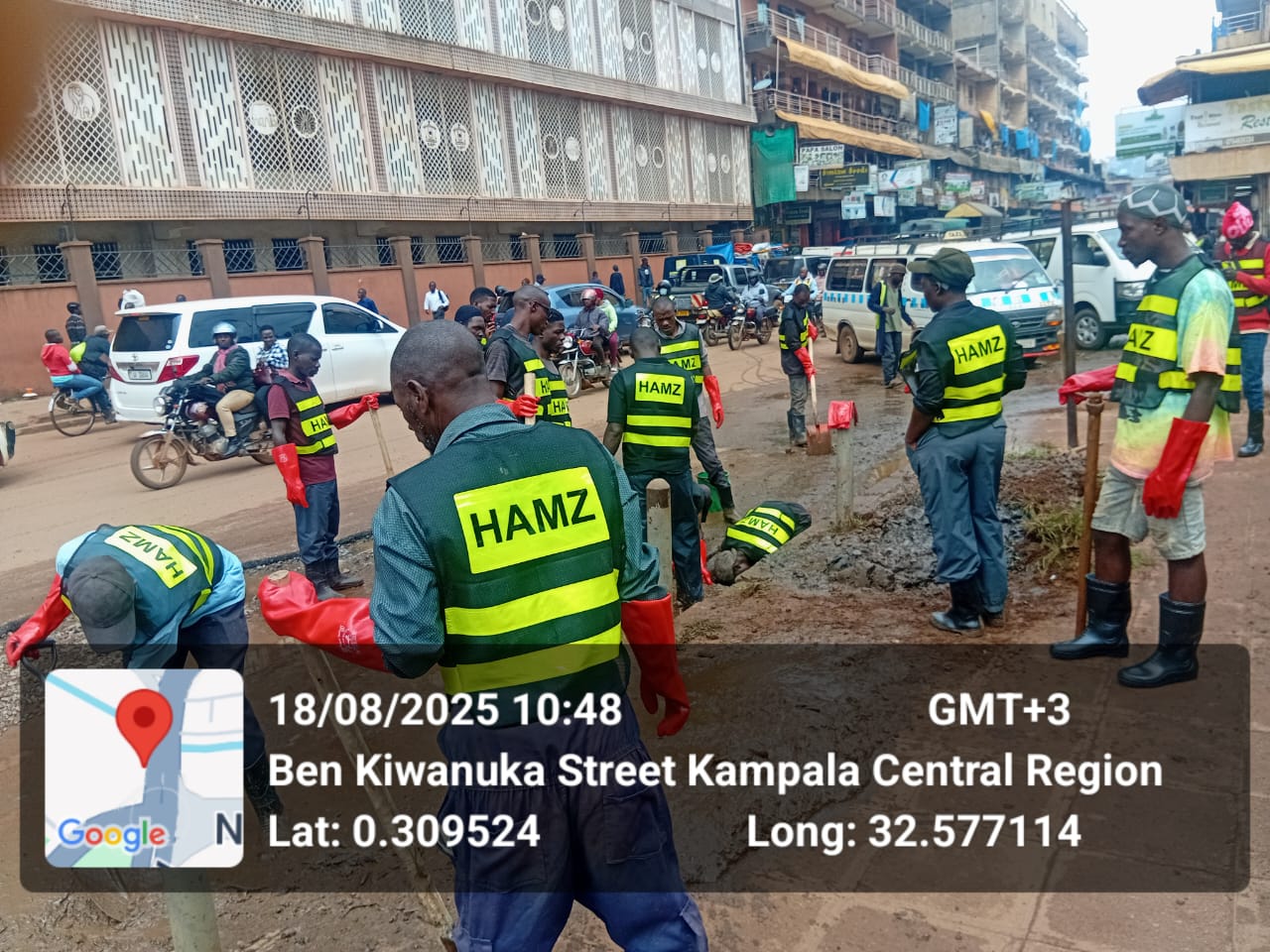Busoga: A Sub-region Betrayed by its Leaders
By Joseph Kafuko.
Busoga is one of the oldest and most culturally rich sub-regions in Uganda. It is home to the Kyabazinga, the traditional ruler of the Basoga people, and boasts of historical sites such as the Source of the Nile and the Bujagali Falls. Busoga has also produced prominent leaders in politics, business, education, sports and entertainment.
However, despite its potential and heritage, Busoga remains one of the poorest and most underdeveloped sub-regions in the country. According to a report released by Uganda Bureau of Statistics (UBOS) in 2021, Busoga has the highest percentage of people living in absolute poverty, at 14.5 percent. This means that more than one in seven people in Busoga cannot afford basic needs such as food, clothing, shelter, health and education.
What is the cause of this chronic poverty and backwardness in Busoga?
The answer lies in the failure of its leaders to live up to their expectations and deliver services and development to their constituents. For decades, Busoga has been plagued by internal fights, intrigue, corruption, nepotism and incompetence among its political class. These have resulted in the loss of several opportunities and projects that could have transformed the sub-region.
For instance, Busoga was supposed to host a modern hospital in Jinja City, which was lobbied for by the former mayor Mohammad Baswari Kezaala from the Chinese government. However, due to a disagreement between him and the former district chairperson Hannington Basakana over the location of the hospital, the project was relocated to Kampala.
Another example is the stalled takeover of Busoga University by the government, which was initiated by President Museveni in 2017. The university, which was established by Busoga Diocese in 1999, ran into financial and academic troubles that led to its closure by the National Council for Higher Education in 2017. The government offered to revive it as a public institution, but some directors of Busoga University Limited, a company that was formed by the late Bishop Cyprian Bamwoze to manage the university, have been demanding compensation and ownership rights.
These are just some of the cases that illustrate how Busoga’s leaders have failed to put aside their personal interests and work together for the common good of their people. Instead of fighting for more resources and investments from the central government and other partners, they have been fighting among themselves and sabotaging each other’s efforts. Instead of promoting unity and harmony among the different clans and districts in Busoga, they have been sowing seeds of division and mistrust. Instead of empowering their people with skills and opportunities, they have been exploiting their ignorance and desperation.
Busoga deserves better than this. It deserves leaders who are visionary, accountable, transparent, inclusive and responsive. It deserves leaders who can harness its natural and human resources for sustainable development. It deserves leaders who can restore its dignity and pride as a sub-region.
The people of Busoga have a chance to change their destiny in the upcoming elections. They should vote wisely and choose leaders who have a proven track record of service delivery and integrity. They should reject leaders who have failed them before and who have nothing new to offer. They should demand accountability and transparency from their elected representatives at all levels.
Busoga is not poor because it lacks resources or potential. It is poor because it has been betrayed by its leaders. It is time for a new dawn in Busoga. It is time for a new generation of leaders who can make Busoga great again.
The writer is an experienced Journalist with passion for writting. Email. kafukojoseph@gmail.com











